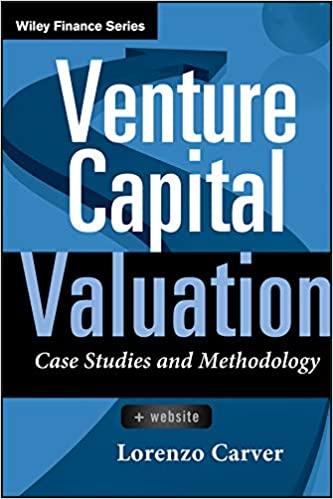Question
Q2. Unlike the situation with exchange rate risk, there is no uncertainty on the part of management for shareholder preferences regarding interest rate risk. Shareholders
Q2. Unlike the situation with exchange rate risk, there is no uncertainty on the part of management for shareholder preferences regarding interest rate risk. Shareholders prefer than managers hedge interest rate risk rather than having shareholders diversify away such risk through portfolio diversification. a. true b. false Q3. As a management tool, a ________ is a rule, but a ________ is an objective. a. FIBOR; GIBOR b. policy; goal c. goal; policy d. None of the above. Q4. A U.S.-based firm with dollar denominated debt, but continuing sales denominated in Japanese yen, could a. purchase an interest rate cap agreement. b. purchase a series of rolling futures contracts to buy Japanese yen forward. c. enter into a swap agreement to swap dollar interest for Japanese interest payments. d. All of the above. Q5. Cross currency swaps typically have larger swings in total value than 'plain vanilla' interest rate swaps because a. interest rate swap agreements do not allow, contractually, large movements from par. b. interest rate movements are more volatile than currency movements. c. cross currency swaps exchange principal as well as interest payments. d. All of the above. Q6. A swap agreement may involve currencies or interest rates, but never both. a. true b. false
Step by Step Solution
There are 3 Steps involved in it
Step: 1

Get Instant Access to Expert-Tailored Solutions
See step-by-step solutions with expert insights and AI powered tools for academic success
Step: 2

Step: 3

Ace Your Homework with AI
Get the answers you need in no time with our AI-driven, step-by-step assistance
Get Started


